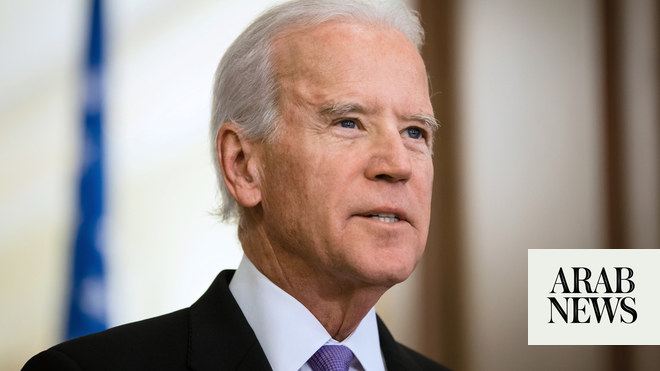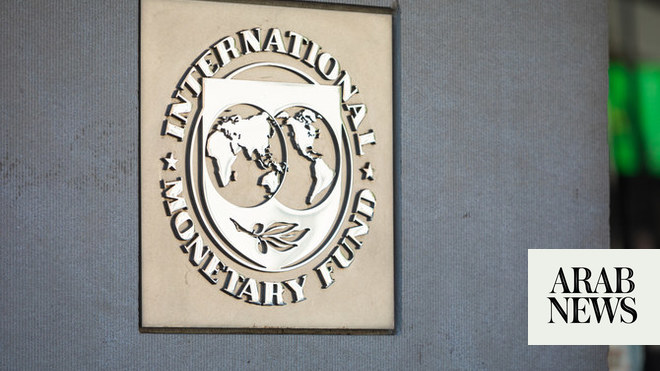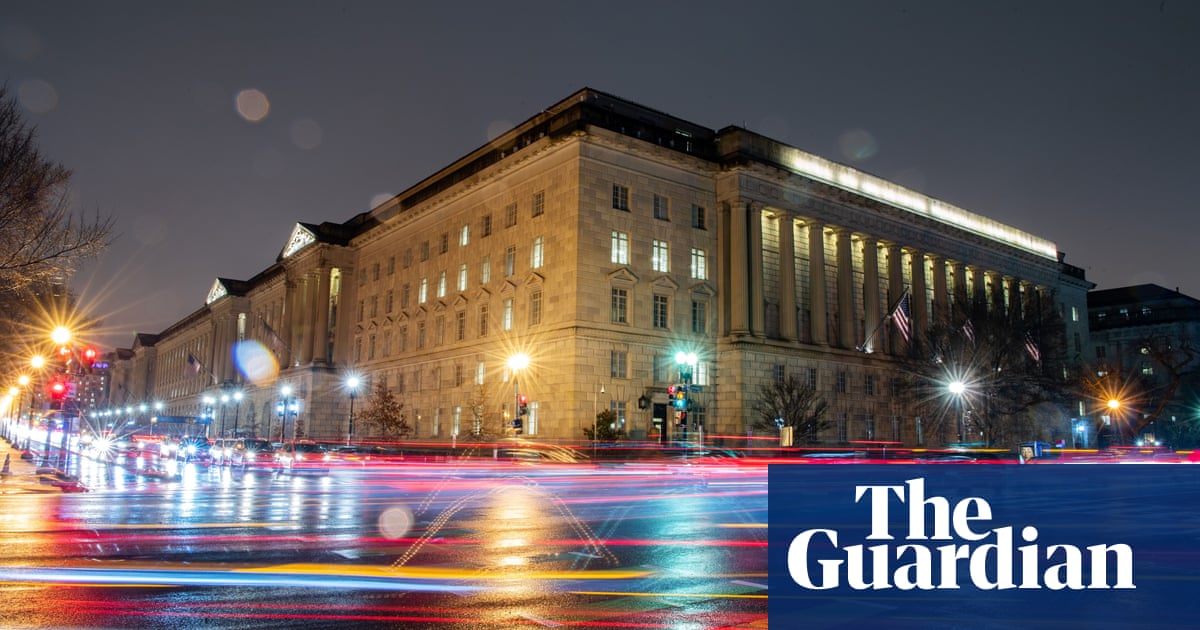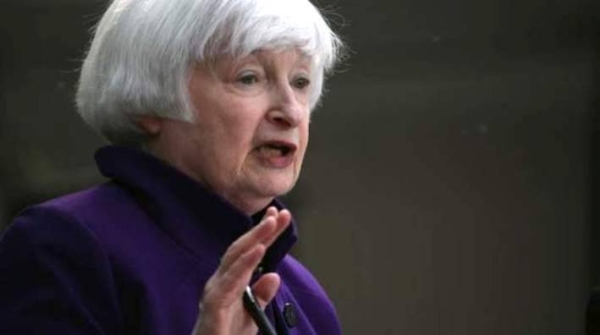
Joe Biden’s treasury secretary Janet Yellen says she expects “the economy to slow” but continued insisting that a full-blown recession is not “at all inevitable”.
Yellen’s remarks on Sunday came days after the US central bank moved to sharply raise interest rates in an effort to contain soaring inflation.
She told ABC’s This Week host George Stephanopoulous that her financial outlook results from how the economy has “been growing at a very rapid rate, as the economy, as the labor market, has recovered and we have reached full employment”.
“It’s natural now that we expect a transition to steady and stable growth, but I don’t think a recession is at all inevitable,” Yellen added.
Pressed on the issue of inflation, which polls indicate is a top priority for US voters as the midterm elections in November approach, Yellen said inflation causes are global, not local, and those factors are unlikely to diminish immediately.
Yellen said some trade tariffs on China inherited from the administration of former President Donald Trump made “no strategic sense”. She added that Biden was reviewing them as a way to bring down inflation.
“Clearly, inflation is unacceptably high,” Yellen said. “It’s President Biden’s top priority to bring it down.”
The US central bank’s chairperson, Jerome Powell, has also said “it’s his goal to bring it down while maintaining a strong labor economy,” according to Yellen.
The comments from Biden’s top economist came reflect the administration’s ongoing push to change the national narrative around the economy.
Yellen’s comments were more in line with that push than they have been recently.
Last month, she broke with the administration’s preferred talking points when she admitted to the American public that she “was wrong” about the path inflation would take.
Recent economic confidence polling has shown sharp drops, with Gallup recording the lowest reading during the coronavirus pandemic, and it’s likely the lowest confidence has been since the tail end of the Great Recession in early 2009.
Dissatisfaction with Biden’s handling of the economy could ricochet through the midterms elections. Central to those concerns are gasoline prices, which have surged during Biden’s term.
On Sunday, Yellen voiced measured support for temporarily pausing gasoline taxes, describing it as an idea “certainly worth considering”.
Separately, energy secretary Jennifer Granholm warned drivers against expecting quick relief in prices amid tight oil supplies worldwide.
The US energy information administration has projected that prices at the pump will average about $4.27 per gallon in the third quarter – down from the current $4.98 – but that its forecast could be “completely upended” by world events.
“We know this is going to be a tough summer because driving season just started,” Granholm said. “And we know that there will be continued upward pull on demand.”
Looking ahead to Biden’s scheduled – and highly controversial – visit to Saudi Arabia next month, Granholm said the president “has asked for all suppliers around the globe to increase production”.
The planned trip has become a lightning rod for criticism as it appears to be a reversal of the president’s stated intent to make the kingdom a “pariah” over its human-rights record, including the murder of journalist Jamal Khashoggi, which the CIA concluded was ordered by Saudi Crown Prince Mohammed bin Salman.
Granholm said Biden is “very concerned” about human rights in Saudi Arabia and surely will raise the issue, “but he’s also very concerned about what people are experiencing at the pump and Saudi Arabia is head of OPEC”.
“We need to have increased production so that everyday citizens in America will not be feeling this pain that they’re feeling right now,” Granholm added.
Yellen was not alone Sunday in presenting a more upbeat economic message than the recessionist narrative most US economists are presenting. A survey of economists published Sunday by The Wall Street Journal raised the probability of recession to 44% in the next 12 months – a level of probability that the newspaper wrote is “usually seen only on the brink of or during actual recession.”
The director of the National Economic Council, Brian Deese, told Margaret Brennan on CBS’ Face the Nation that the US “is in an uncertain moment and we face real challenges, global challenges.”
“We need to navigate through this transition in a way that gets us to stable growth without giving up all of the incredible economic gains that we’ve made,” he said.
Pressed on how the administration plans to lower inflation, running at a 40-year high of 8.6% and projected by the congressional budget office to remain high into 2024, Deese said a package of legislative measures was being prepared in congress to lower prescription drug costs, utility costs and enacting tax reforms.
“If we can do a package like that we can move forward in the near future,” Deese said. “It will not only help in lowering prices, but it will send a signal to the markets and the global economy that the United States is really deadly serious about taking on this inflation.”
In a rare one-on-one interview last week, Biden set out his administration’s public line.
“First of all, it’s not inevitable,” he said to the Associated Press. “Secondly, we’re in a stronger position than any nation in the world to overcome this inflation.”
As clouds gathered over the US economic position during the past 18 months, administration economic officials and central bankers have reformed their inflation message from “transitory” to an economy, as Deese said, that is “in a transition.”












